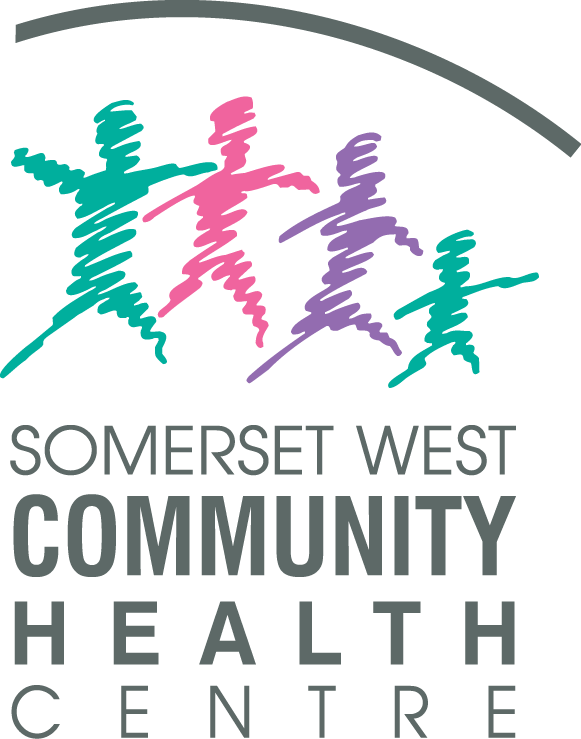
Indigenous Practice Facilitator
Somerset West Community Health Centre
- Ottawa, ON
- 52.380-63.184 $ par an
- Permanent
- Temps-plein
- Your Education Path
- A minimum College diploma and/or degree in social sciences or health services and 3 years’ experience in a community setting.
- Valid Driver's License and ability to drive Centre vehicles is an asset.
- Language Capability
- Fluency in English
- Indigenous languages an asset
- Life and Work Experience
- 1-2 Years experience providing direct service to people who use drugs from a Harm Reduction lens.
- Experience developing, delivering and evaluating training materials
- Knowledge and experience working with computers
- Strong knowledge of First Nations, Inuit, and Metis guiding principles.
- Knowledge gained through lived experience, oral teachings, or community-recognized learning, including the guidance of Elders, Knowledge Keepers, or cultural leaders, is deeply valued.
- Knowledge and understanding of traditional healing practices and the ability to apply culturally grounded, trauma-informed, and community-centered approaches to support Indigenous wellness and the well-being of Indigenous peoples.
- Community-recognized learning, or lived experience as an Elder, Knowledge Keeper, or cultural leader will be considered an asset.
- Deep knowledge of Indigenous (First Nations, Inuit, and Métis) cultures, societal values, traditions, and healing practices.
- Lived experience working with Elders, Knowledge Keepers, and cultural advisors.
- Strong understanding of the historical and contemporary experiences of Indigenous peoples, including intergenerational trauma and the impacts of colonization.
- Familiarity with culturally appropriate wellness strategies and systems navigation in the Ottawa context.
- Training and/or experience in trauma-informed care, mental health, addictions, housing supports, and traditional healing practices is considered a strong asset.
- Proven ability to work collaboratively within interdisciplinary teams while advocating for culturally responsive care.
- Ability to apply cultural safety principles in daily practice through the planning and delivery of programming and resources rooted in First Nations, Inuit, and Métis knowledge and traditions.
- Knowledge of related community resources
- Understanding of homelessness, mental health and substance use
- Excellent communication/interpersonal skills
- Enhanced skills in non-violent crisis intervention and de-escalation
- Knowledge of best practice guidelines for individuals with substance use, and suicide assessment.
- Effective organizational, critical thinking, problem solving and independent decision-making skills
- Demonstrate and advocate for welcoming practices that are anchored in trauma-informed practices
- Ability to work independently, set priorities and manage time effectively
- Commitment to working within a Health Equity, Person-Centered and Anti-Oppressive Framework.
- Ability to make rapid decisions about safety and risk and a high degree of clinical judgment with unknown factors
- Ability to assess safety in engaging with people who may be in crisis or in rapidly shifting stages of escalation
- Ability to work in environments that are fast paced, loud in volume, with people who may be in crisis
- Ability to work within a team of people from diverse backgrounds and life experiences
- This position will require the ability to assess the safety of entering unknown locations (usually in public), including at night to engage with people who may be in crisis.
- Regular exposure to significant psychological and emotional stressors, vicarious trauma, and potential risk of violence